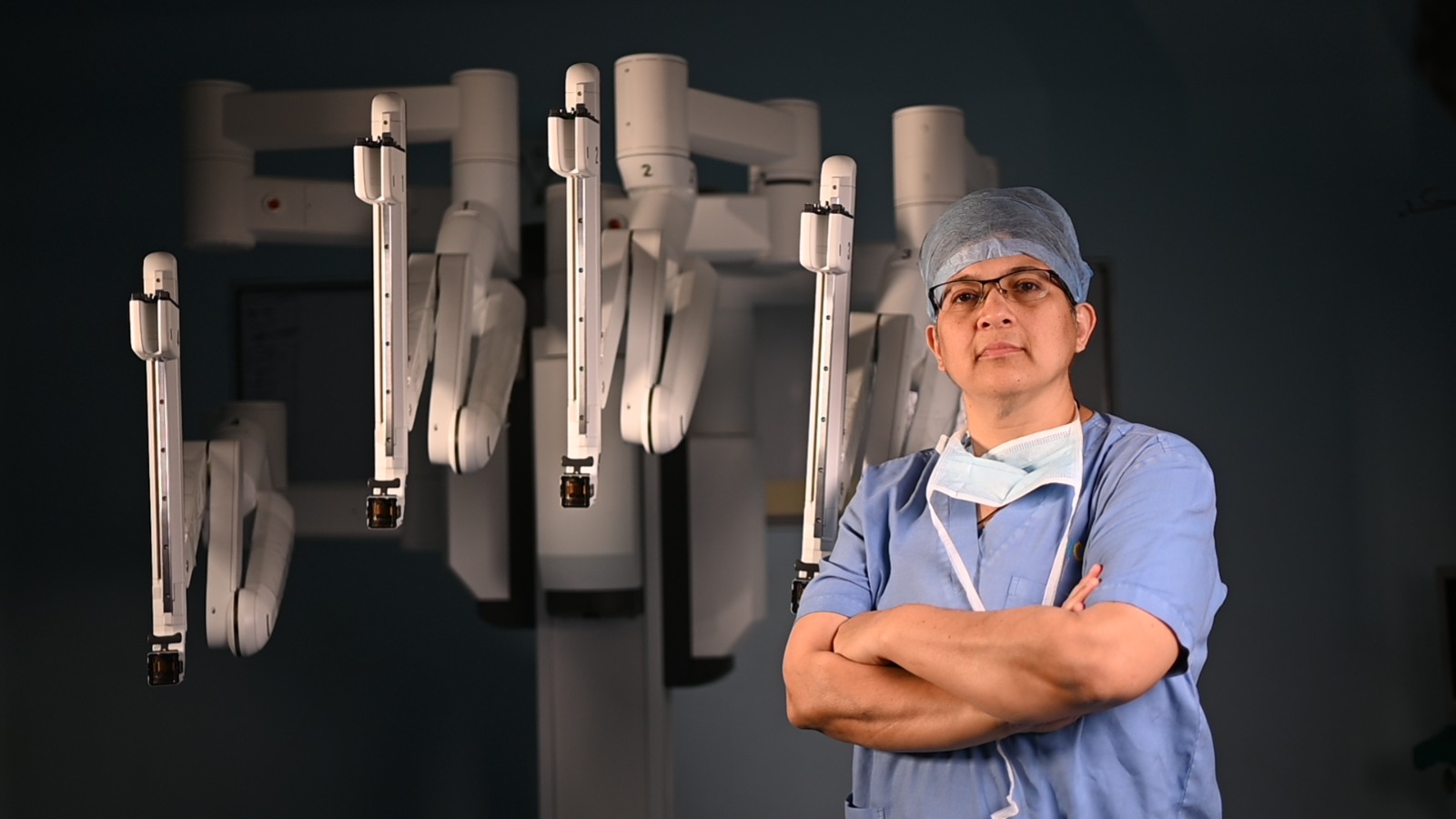Rural healthcare presents a unique set of challenges and opportunities, particularly in remote areas where access to medical services can be significantly limited. In many cases, the health outcomes of rural populations suffer due to geographical barriers, a scarcity of healthcare professionals, and a lack of essential medical facilities. Despite these obstacles, dedicated doctors and healthcare providers strive to deliver quality care to residents in these isolated communities. This article explores the importance of accessible healthcare in rural settings and the myriad challenges that doctors face while serving these populations.
The Importance of Accessible Healthcare in Rural Communities
Accessible healthcare is vital for rural communities, where residents may experience greater health disparities compared to their urban counterparts. The availability of healthcare services can significantly affect overall community health, as it allows for early diagnosis and treatment of illnesses, preventative care, and management of chronic conditions. For many residents in rural areas, local healthcare providers are not just medical professionals; they are integral members of the community who build relationships based on trust and familiarity. This rapport can enhance patient compliance and encourage individuals to seek medical attention when necessary.
Moreover, accessible healthcare contributes to the economic stability of rural areas. A healthy population is a productive one, and when individuals have access to necessary healthcare services, they are better equipped to contribute to local economies. Additionally, improvements in healthcare infrastructure can attract new businesses and families to the area, further fostering economic growth. Consequently, rural healthcare systems are not only essential for the well-being of the population but also serve as a catalyst for broader community development.
Finally, the significance of accessible healthcare extends beyond immediate medical needs. It fosters a sense of community resilience and self-sufficiency. When healthcare services are available locally, individuals are less likely to face the daunting task of traveling long distances for care. This convenience can reduce the burden on families who may already be facing socioeconomic challenges. By ensuring that healthcare is accessible, rural communities can cultivate a sense of security and well-being among their residents, ultimately leading to improved health outcomes and a more cohesive society.
Challenges Faced by Doctors Serving in Remote Areas
Doctors serving in remote areas encounter numerous challenges that can impact both their ability to deliver care and their overall job satisfaction. One major challenge is the isolation that comes with working in rural settings. Many healthcare professionals may feel lonely and disconnected from their peers, which can lead to feelings of burnout. The lack of a support network can make it difficult for doctors to share knowledge, seek advice, or simply enjoy camaraderie with colleagues. This isolation may deter new medical professionals from pursuing careers in rural healthcare, further exacerbating workforce shortages.
Additionally, limited access to resources and technology poses significant barriers for doctors in remote areas. Many rural clinics and hospitals lack the advanced medical equipment or specialized services available in urban facilities. This limitation can hinder a doctor’s ability to provide comprehensive care and may force them to refer patients to distant hospitals for treatments that could be managed locally. Furthermore, the challenges of maintaining up-to-date medical knowledge and skills can be daunting when continuing education opportunities are scarce in rural settings.
Lastly, physicians in rural communities often encounter financial constraints that impact their practice and patient care. Many rural healthcare facilities operate on tight budgets, relying heavily on government funding and reimbursement programs. This financial instability can lead to inadequate staffing, limited services, and insufficient resources for patient care. Additionally, doctors may face pressure to balance their financial viability with the need to provide affordable care to their patients. Navigating these economic challenges requires not only resilience but also innovative thinking to ensure that healthcare remains accessible and sustainable in rural regions.
In conclusion, rural healthcare is a critical component of the overall healthcare system, and the role of doctors serving in remote areas cannot be overstated. The importance of accessible healthcare in these communities is evident, as it directly impacts health outcomes, economic stability, and community resilience. However, the challenges faced by healthcare providers in rural settings—such as isolation, resource limitations, and financial constraints—must be addressed if we are to ensure that high-quality care remains available to all. By investing in support systems, resources, and education for rural healthcare professionals, we can work toward a future where every individual, regardless of their geographical location, has access to the medical care they need.




